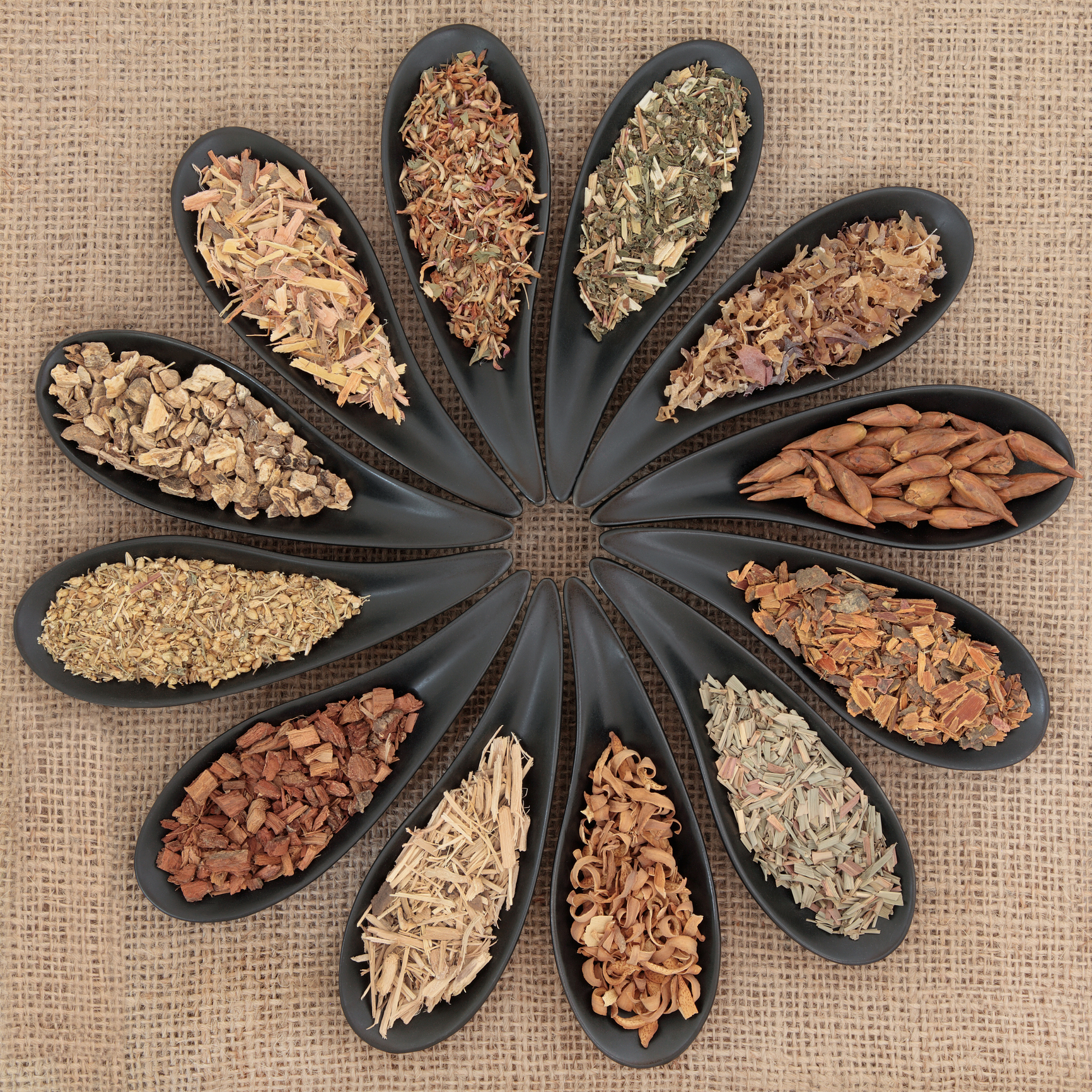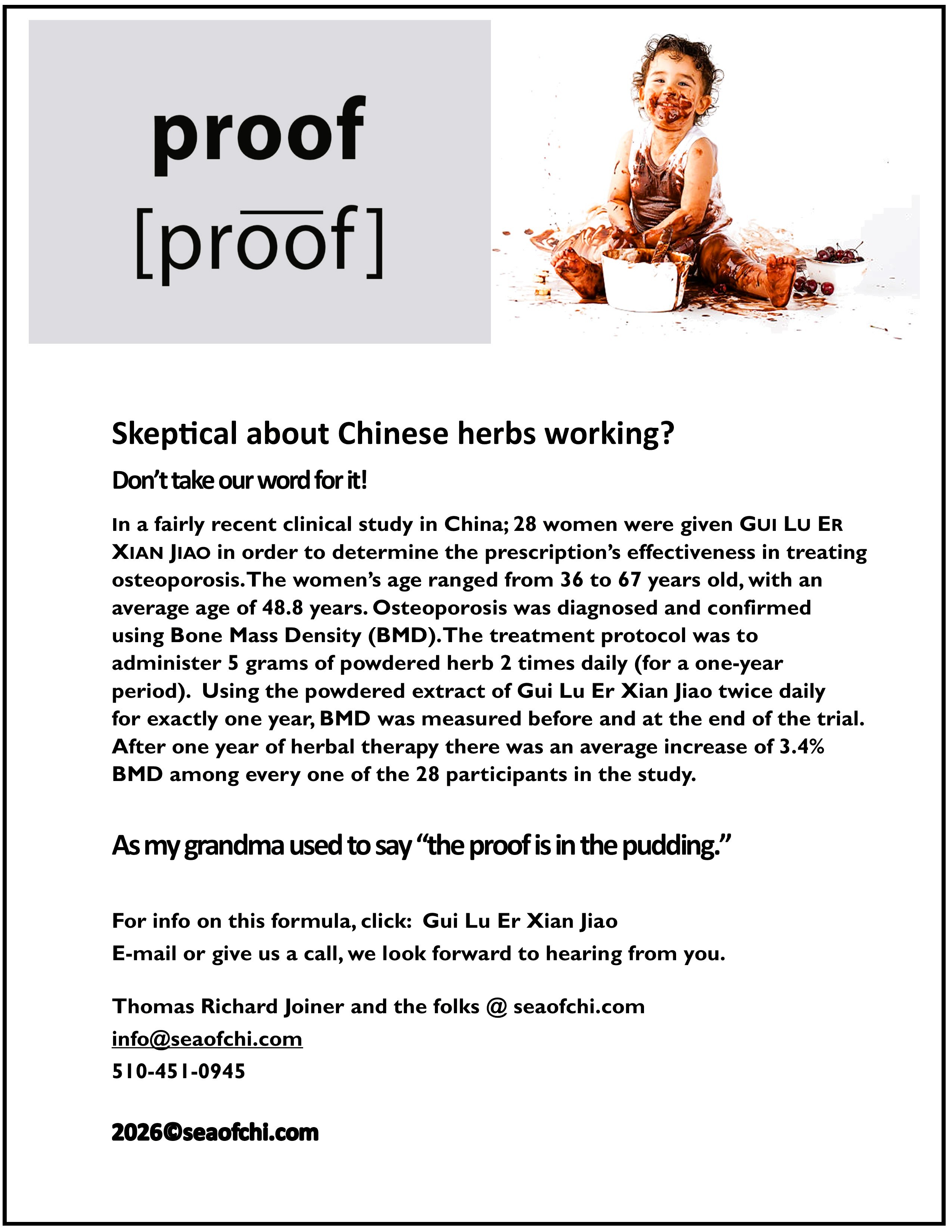Shopping Cart
0 item(s) - $0.00High Cholesterol Herbs that Lower LDL
 Don’t let cholesterol control your quality of life!
Don’t let cholesterol control your quality of life!
不要让胆固醇控制您的生活质量!
In recent years concern about cholesterol levels has become a predominant health issue here in the United States, mainly because of its relationship to the number one cause of death, coronary heart disease. It is not surprising that as the general public becomes more informed about health, diet, and physiology, there has occurred what we regard as a preoccupation with the much-discussed issue of good cholesterol versus bad cholesterol. Although it is basically true that saturated dietary fat is “bad” and polyunsaturated dietary fat is “good,” such a statement is somewhat of an oversimplification. Its merits; however, lie in the fact that it causes us to refocus on diet. As current health issues fade into and out of prominence, we are reminded that the important role played by diet in every aspect of health remains unchanged. The dietary recommendations for maintaining acceptable cholesterol levels promoted by the American Heart Association and traditional Chinese dietetics are remarkably similar. Chinese health practitioners; however, have been touting these recommendations since long before the obsession with cholesterol developed. The shared opinion concerning the benefits of a low-fat diet is supported by overwhelming evidence that it is often possible to lower cholesterol levels significantly by simply reducing the amount of saturated fat in the diet.In addition to being affected by diet, blood-cholesterol levels are also influenced by hereditary factors and certain disease, for example: diabetes mellitus. It is well-known that high blood-cholesterol levels increase the risk of developing atherosclerosis (accumulation of fatty tissues in the arteries) and with it the risk of coronary heart disease or stroke. Research has shown that the risk of developing atherosclerosis can be assessed more accurately by measuring the proportions of different types of lipoproteins in the blood. Generally speaking, cholesterol in the forms of high-density lipoproteins (HDL) seems to protect against arterial disease; cholesterol in the form of low-density lipoproteins (LDL) seems to increase the risk of arterial disease. People with relatives who have suffered a heart attack or stroke before the age fifty have been shown to be at greater risk and should have their blood-cholesterol levels checked regularly. The most effective preventive or corrective measures for high cholesterol are: 1) a low-fat diet, especially avoiding saturated oils, red meat, and dairy products, 2) regular exercise, and 3) Chinese herbal therapy.
Chinese herbal therapy has been very successful in treating high cholesterol and in supporting healthy cholesterol levels using a combination of the below mentioned products.
Long-term use is highly recommended.

All Rights Reserved | © Sea of Chi 2026 | Web Design Company - DreamCo Design
The statements made have not been evaluated by FDA. Our products are not intended to diagnose, treat, cure or prevent any disease.









